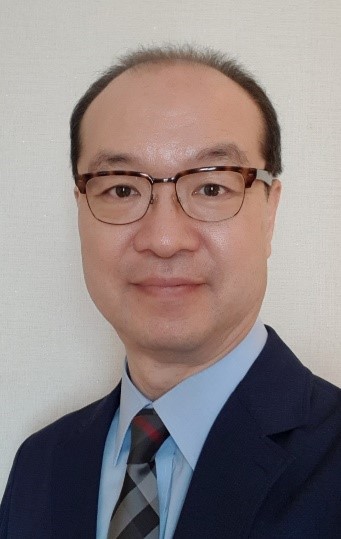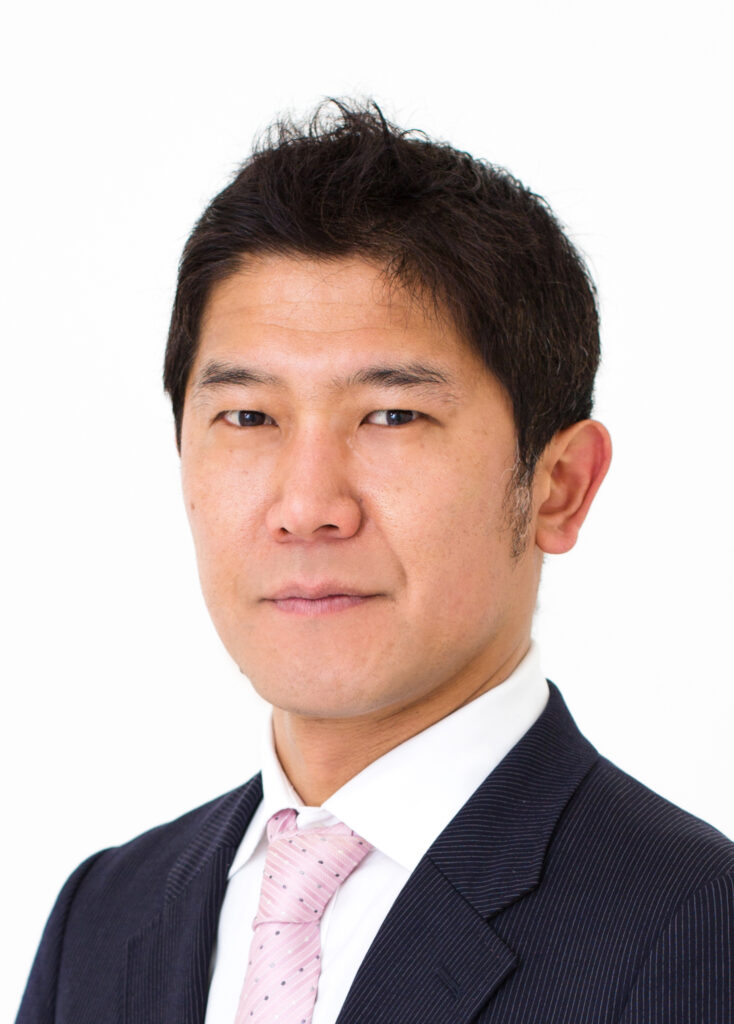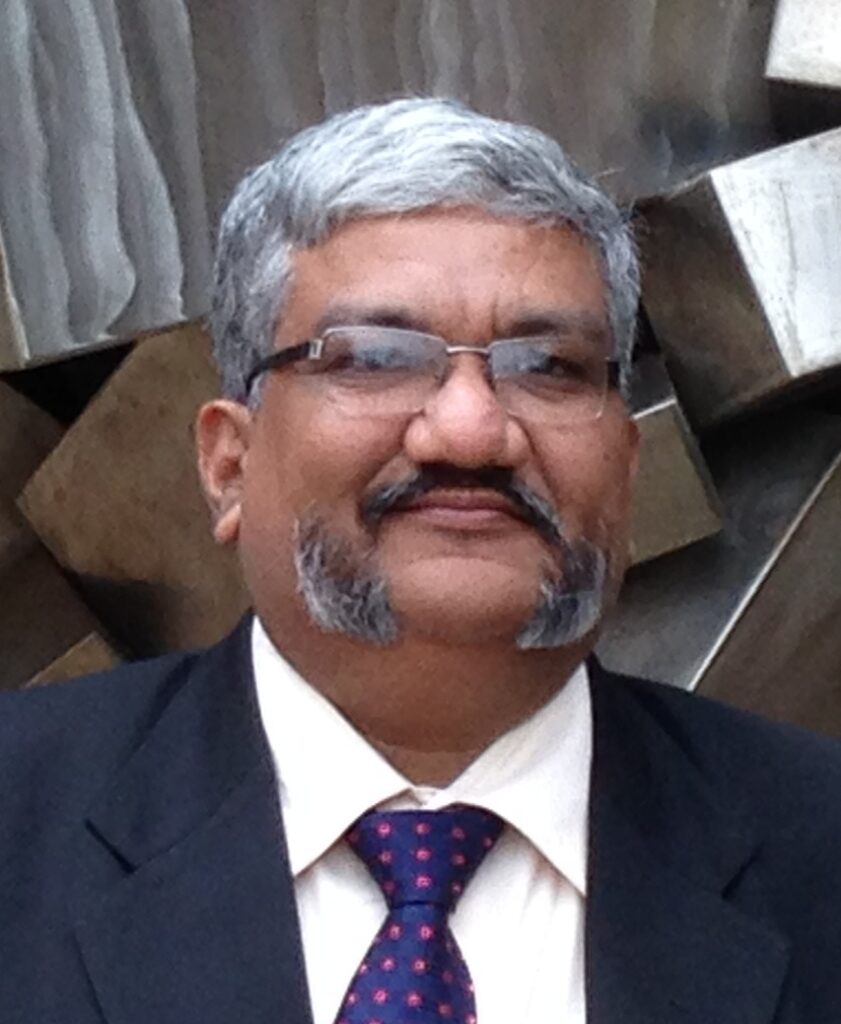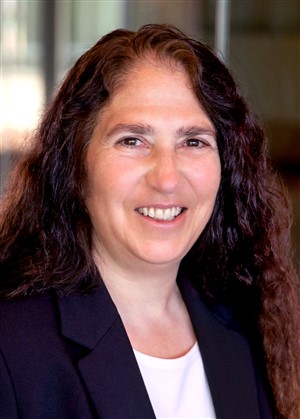
Prof. Dae-Eun Kim
School of Mechanical Engineering,
Yonsei University, Korea
Challenges in Tribology and Future Prospects
Tribology deals with phenomena that occur at the interface of two contacting bodies in relative motion. These phenomena generally govern the performance and life of mechanical components, and hence, are of great concern in the design and operation of machines. There is ample evidence that researchers have tackled tribological issues since centuries ago, and this effort still continues today as the need for machines to perform in extreme environments with high precision and reliability increases. Essentially, friction dictates the energy consumption or efficiency of the machine, and wear determines the reliability or life of the machine. The challenge lies in the fact that friction and wear phenomena are not controllable to the degree desired in many engineering applications. A great deal of the problems stems from misconceptions about the Laws of Friction and common engineering practice that are often applied in the design of machines. In this presentation, the current understanding of friction and wear mechanisms will be discussed with a proposal for a novel concept for reducing wear. The concept seeks to change the paradigm in the design of wear resistant coatings from hardness-based to compliant-based function. Emphasis is also given to the importance of tribological remedies to sustain a healthy future for the world. To this end the vision of tribology, “Efficiency, Energy, Environment (3E)”, established by the Korean Tribology Society is to negate energy and environmental problems of the future by maximizing the efficiency of machines through tribological optimization. It is hoped that tribological design concepts will be incorporated in the design of all machines to achieve this vision for a prosperous sustainable future.
Biography
Professor Dae-Eun Kim is currently a Full Professor at the School of Mechanical Engineering, Yonsei University, Seoul, Korea. Professor Kim received his Ph.D. in Mechanical Engineering from MIT. Professor Kim served as the President of the Korean Society for Precision Engineering and the President of the Korean Tribology Society. He also served as the Editor-in-Chief of IJPEM, Senior Editor of JMST, and Associate Editor of ASME J. of Tribology. He currently serves in the editorial board of several tribology journals including Tribology Letters and Friction. Professor Kim has received many awards from various professional societies and institutions including the Ministerial Commendation from the Korea Ministry of Trade, Industry and Energy, and the Science and Technology Pojang National Award from the Korean President. Professor Kim is a Fellow of the International Academy for Production Engineering (CIRP) and a Fellow of the Korean Academy of Science and Technology. His research interests are tribology, coatings and surface modification.

Prof. Kei Sakaguchi
School of Engineering,
Tokyo Institute of Technology, Japan
Smart Mobility Changed by 5G/6G
5G commercial service has been launched since year 2020 in Japan. One of the main features of 5G is ultra-high data rate & low latency communications realized by millimeter-wave frequency band, which will contribute to mission critical use cases such as automated driving. Especially, extended sensors and cooperative perception realized by sharing sensor data of camera and LiDAR located in RSU (Road Side Unit) and front vehicle in real-time are gathering big attention due to their potential for safe (automated) driving by blind-spot vision. Based on these technical backgrounds, 3GPP has finalized standardization of NR V2X as an initial step of mmWave V2X in release 16, and also IEEE is close to finalizing IEEE802.11bd, which is enhancement of IEEE802.11p commonly used as DSRC. This talk will introduce several aspects on mmWave V2V/V2X such as requirements on V2V/V2X to ensure safe driving, performance of mmWave V2V/V2X, PoC of cooperative perception using mmWave V2V/V2X, and research & education field of smart mobility using mmWave V2V/V2X as the next generation ITS (Intelligent Transport Systems).
Biography
Kei Sakaguchi is a Dean in Tokyo Tech Academy for Super Smart Society and a Professor in the School of Engineering of Tokyo Institute of Technology. He received the M.E. degree in Information Processing from Tokyo Institute Technology in 1998, and the Ph.D degree in Electrical & Electronics Engineering from Tokyo Institute Technology in 2006. He received the Outstanding Paper Awards from SDR Forum and IEICE in 2004 and 2005 respectively, and three Best Paper Awards from IEICE communication society in 2012, 2013, and 2015. He also received the Tutorial Paper Award from IEICE communication society in 2006. His current research interests are in 5G/6G cellular networks, millimeter-wave communications, wireless energy transmission, V2X for automated driving, and super smart society. He is a fellow of IEICE, and a senior member of IEEE.

Prof. Avinash Kumar Agarwal
Sir J C Bose National Fellow and SBI Endowed Chair Professor
Department of Mechanical Engineering,
Indian Institute of Technology Kanpur, Kanpur-208016 India
Opportunities and Challenges in Adopting Electro-fuels for Sustainable Transport
Energy demand has been rising remarkably due to increasing population and urbanization. Without transportation by millions of personalized and mass transport vehicles based on IC engines, human civilization would not have reached contemporary living standards. Today, IC engines face many challenges related to fuel supply, energy efficiency, and emissions, requiring serious research efforts. At this stage of technology development, IC engine-based transportation and power generation systems depend on conventional fuels such as mineral diesel, gasoline etc., resulting in the rapid depletion of petroleum reserves. The application of different electro-fuels needs to be explored for sustainable development of the automotive sector and to combat global warming. Electro-fuels, also known as power-to-liquids (PtL), are synthetic fuels produced by using renewable electricity to convert carbon dioxide or hydrogen into a liquid fuel that can be used for transportation. Adopting electro-fuels offers promising opportunities to reduce greenhouse gas emissions, increase energy security, and promote sustainable transport. However, electro-fuels face several challenges: scalability, cost-effectiveness, and technical feasibility. This talk provides an overview of the opportunities and challenges of adopting electro-fuels for sustainable transport. The analysis suggests that electro-fuels have the potential to play a significant role in decarbonizing transportation, particularly in heavy-duty and long-distance transport. Still, their deployment will require a supportive policy framework, significant research and development investments, and stakeholder collaboration. Methanol and ammonia are emerging as strong electro-fuel candidates with the highest potential to significantly contribute to reducing crude oil dependence and environmental preservation. Methanol and ammonia can be used as a replacement for gasoline since they have a very high octane number and have been successfully used in many spark ignition (SI) engine applications. However, using methanol and ammonia in compression ignition (CI) engines remains challenging. Methanol and ammonia could be produced from several carbonaceous feedstocks such as natural gas, coal, biomass, and CO2. In this talk, I will discuss some of the challenges IC engines face in various sectors such as automotive, locomotive, marine, and several technical aspects of electro-fuels, underlining their potential to power the global economy in general and the transport sector in particular.
Biography
Prof. Avinash Kumar Agarwal obtained his Undergraduate Degree in Mechanical Engineering (1994) from Malviya Regional Engineering College, Jaipur and his MTech (Energy, 1996) and PhD (Energy, 1999) from the Indian Institute of Technology (IIT) Delhi. After his Post-Doctoral Fellowship (1999 – 2001) at the ERC, UW, Madison, USA, he returned to India in 2001 and joined IIT Kanpur. He was a Visiting Professor at the University of Loughborough, UK; Photonics Institute, University of Vienna, Austria; Hanyang University and KAIST, South Korea. Prof. Agarwal is interested in research in IC engines, combustion, conventional and alternative fuels, Methanol/ DME/ Hydrogen/ HCNG fuelled engine development, LCA and TCO analyses, Fuel sprays, Lubricating oil tribology, optical diagnostics, laser ignition, HCCI, particulates and emission control, and large bore engines.
He has developed laser-fired hydrogen and CNG engines in automotive sizes and developed the first electronic fuel injection system equipped with a locomotive engine for Indian Railways. Currently, Prof. Agarwal is developing Methanol and DME-fuelled engines/ vehicles for the automotive/ agricultural sectors. Prof. Agarwal has published over 510 peer-reviewed international journal and conference papers, 63 edited books, and 129 book chapters, attracting 15200+ Scopus and 23000+ Google Scholar citations. Prof. Agarwal is the Editor of ‘FUEL’, Editor-in-Chief of the “Journal of Energy and Environmental Sustainability, Associate Editor of the ASME Journal of Energy Resources Technology, ASME Open Journal of Engineering, International Journal of Vehicle Systems Modelling and Testing, and the Journal of the Institute of Engineers (Series C) and an editorial board member of IMechE International Journal of Engine Research. He edited Wiley VCH, Germany’s “Handbook of Combustion” (5 Volumes; 3168 pages), the most updated combustion compilation globally.
For his outstanding contributions, Prof. Agarwal is conferred upon Sir J C Bose National Fellowship (2019) by SERB, SAE India Foundation GURU Award (2022), WSSET Innovation Award-2022, Clarivate Analytics India Citation Award-2017 in Engineering and Technology, Prestigious Shanti Swarup Bhatnagar Prize (2016) in Engineering Sciences, Rajib Goyal Prize in Physical Sciences (2015); NASI-Reliance Industries Platinum Jubilee Award (2012); INAE Silver Jubilee Young Engineer Award (2012); Dr C. V. Raman Young Teachers Award (2011); SAE Ralph R. Teetor Educational Award (2008); INSA Young Scientist Award (2007); UICT Young Scientist Award (2007); INAE Young Engineer Award (2005); Devendra Shukla Research Fellowship (2009-12), Poonam and Prabhu Goyal Endowed Chair Professorship (2013-16), SBI Endowed Chair Professorship (2018-21, 2022-25) at IIT Kanpur; AICTE Career Award for Young Teachers (2004); DST Young Scientist Award (2002); and DST BOYSCAST Fellowship (2002), in addition to inaugural version of Distinguished Alumni Award-2021 by MNIT Jaipur and Distinguished Alumni Award-2022 by IIT Delhi.
Prof. Agarwal is a highly cited researcher-2018 in and is among the top ten HCRs from India, among 4000 HCR researchers globally in 22 fields of enquiry. He is India’s number one Energy researcher in the recently declared Stanford University listing of the top 2% of researchers globally. He is an elected Fellow of the Society of Automotive Engineers International, USA (SAE; 2012), American Society of Mechanical Engineers (ASME; 2013), Indian National Academy of Engineering (INAE; 2015), International Society for Energy, Environment and Sustainability (ISEES; 2016), Royal Society of Chemistry (RSC; 2018), National Academy of Science Allahabad (NASI; 2018), World Society of Sustainable Energy Technologies (WSSET-2020), American Association for Advancement in Science (AAAS; 2020) and Combustion Institute USA (CI; 2022). He is featured in the DST Golden Jubilee Coffee Table Book “75 under 50 Scientists Shaping Today’s INDIA,” released by Vigyan Prasar, Government of India, on National Science Day, February 28th, 2022. At IIT Kanpur, Prof. Agarwal has established a state-of-the-art “Engine Research Laboratory” (www.iitk.ac.in/erl), and he was also the founder-director of IIT Kanpur’s Science and Technology Research Park (Technopark@iitk; http://www.technoparkiitk.com). He also founded the International Society for Energy Environment and Sustainability (www.isees.in) in 2014 and is the Editor of the Book Series Entitled “Energy Environment and Sustainability,” published by Springer, Singapore (2016 onwards).

Prof. Nancy M. Amato
Department of Computer Science and Engineering
University of Illinois at Urbana-Chapaign, USA
Advances and Challenges for Task and Motion Planning: from Robotic Manipulators to Intelligent CAD to Analyzing Proteins
Task and motion planning has application in robotics, virtual prototyping and training, and even for seemingly unrelated tasks such as evaluating architectural plans or simulating protein motions. Surprisingly, sampling-based methods have proven effective on problems from all these domains. In this talk, we provide an overview of sampling-based planning and describe strategies suited for collaborative task planning, multi-agent systems, and analyzing bio-molecules. We will finish with a short introduction of our new Mind in Vitro project in which we will use neurons grown from mouse stem cells to build simple devices that can be composed to form more complex systems. We plan to train these systems to obtain behaviors which can be used to build programmable bio-robots.
Biography
Nancy M. Amato is Head of the Computer Science Department and Abel Bliss Professor of Engineering at the University of Illinois at Urbana-Champaign. Before returning to her alma mater in 2019, she was Unocal Professor and Regents Professor at Texas A&M University and Senior Director of Engineering Honors Programs. She is known for algorithmic contributions to robotics task and motion planning, computational biology and geometry, and parallel and distributed computing. Amato currently serves as the Chair of the Computing Research Association’s (CRA) Board of Directors and is an elected member of the IEEE Robotics and Automation Administrative Committee. She has been very involved in activities dedicated to broadening participation in computing at the international, national and local level. Amato received the 2019 IEEE RAS Leadership Award in Robotics and Automation, the inaugural NCWIT Harrold/Notkin Research and Graduate Mentoring Award in 2014, and the 2014 CRA Haberman Award for her contributions to increasing diversity in computing. She is a Fellow of the AAAI, AAAS, ACM, and IEEE.
![The 16th IFToMM World Congress [WC2023]](https://wc2023.jc-iftomm.org/wp-content/uploads/2023/01/Banner4_Font3.png)